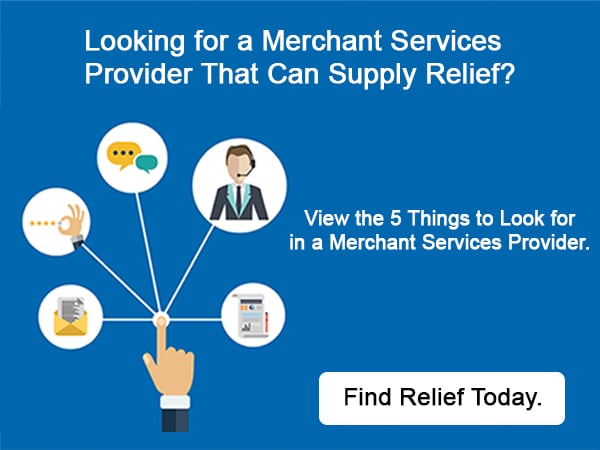PCI Compliance Standards often create a lot of confusion for small business owners. These standards are created for any merchant who accepts credit card payments and debit card payments. Becoming compliant not only spares you from fees, but losing major amounts of revenue from fraud related incidents.
Ensuring compliance standards doesn’t take an advanced degree, but rather thoughtful consideration of your credit card processing practices. Here are some guidelines to help you meet PCI Compliance Standards.
Assessing Your Processes
PCI compliance could be understood as reviewing, revising and reporting your security practices. If you are partnered with a secure payment processing provider, chances are you already have much of the necessary tools to meet PCI compliance. Here are a few common factors merchants should consider about their compliance practice.
- Terminal Set Up: Your terminal can be made more secure through dial-up connection. An internet (IP) connection can be scanned and hacked for cardholder data. If you’re using an IP connection then acquiring an EMV terminal will greatly reduce your risk of losing vital cardholder data.
- Cardholder Security: Besides having the right terminal, business owners should make sure they aren’t storing their cardholder data on paper, email or any traceable source. Payment Gateways offer a variety of security measures to protect customer data including card vaulting and several other layers of security. Tokenization and encryption are also pivotal in protecting data as well. Your credit card processor can teach you how to enable and check these security measures for optimal performance.
- Webhosting Security: Having proper website security is vital to your business and your consumers. This means taking the appropriate measures to safeguard against any hacking attempts. Depending on what you’re using to host your website, you’ll install and add different security apps to protect vital coding. Your payment gateway and shopping cart should be secure through your merchant services provider. Be familiar with your websites security features.
- Revising: As you continue to analyze your everyday functions, be sure to address changes or disruptions if they arise. Being vigilant will enable you to prevent and counteract almost any fraud attempt. Make it a habit to review and revise your processes on a regular basis.
- Reporting: Completing the necessary self-assessments and reporting is crucial to meeting compliance standards. Merchants must choose the right assessment per PCI guidelines. The questionnaire you choose will be dependent on how your business handles credit card information. This guide will help you determine which questionnaire to fill out.
Remember PCI compliance goes beyond the questionnaire. It will emerge into almost every facet of your billing and payment collections process. Keeping a steady pulse on your security practices will be critical to your success.










 Facebook
Facebook Twitter
Twitter LinkedIn
LinkedIn Youtube
Youtube Glassdoor
Glassdoor